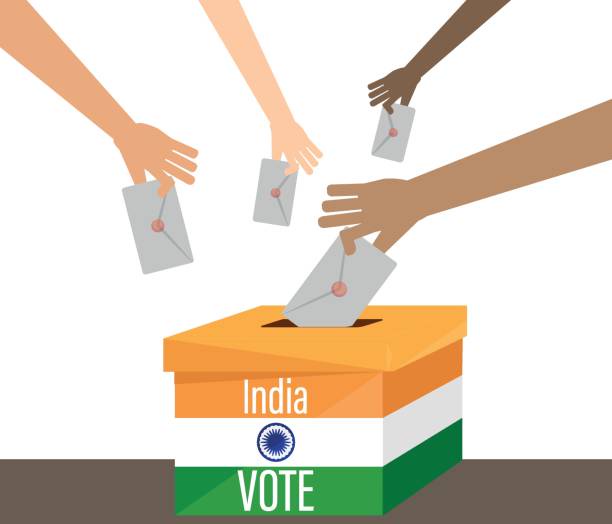In the vibrant tapestry of Indian democracy, the concept of "One Nation One Election" has emerged as a potential catalyst for political harmony and administrative efficiency. This proposal envisions synchronizing the electoral cycles of the Lok Sabha (Lower House of Parliament) and state assemblies, aiming to reduce the frequency of elections and create a more stable political environment. Advocates argue that this paradigm shift could enhance governance, minimize disruptions, and strengthen the democratic fabric of the nation.
The Current Electoral Landscape:
As it stands, India witnesses a multitude of elections at various levels, from panchayats to state assemblies and the national Parliament. This staggered election cycle often results in a perpetual state of political campaigning, diverting attention and resources away from governance. Frequent elections can lead to policy paralysis, as newly elected governments may be hesitant to implement long-term plans, fearing immediate electoral repercussions.
Advantages of One Nation One Election:
-
Reduced Expenditure: Conducting elections requires substantial financial resources. Adopting the One Nation One Election model could lead to significant cost savings, as simultaneous elections would require fewer resources compared to the current fragmented system.
-
Enhanced Policy Implementation: Longer electoral cycles would allow elected representatives to focus on governance and policy implementation rather than being perpetually engaged in election-related activities. This stability can foster a more conducive environment for sustained development.
-
Minimized Disruptions: Frequent elections often lead to governance disruptions, with governments in a perpetual state of transition. One Nation One Election could mitigate this issue, providing elected officials with a more extended period to implement their agendas and fulfill promises.
-
Increased Voter Turnout: Simultaneous elections might encourage higher voter turnout, as citizens would need to cast their votes only once in a set timeframe. This could lead to a more engaged and informed electorate, strengthening the democratic process.
Challenges and Considerations:
-
Constitutional Amendments: Implementing One Nation One Election would likely necessitate amendments to the Constitution of India. This process requires careful consideration and broad political consensus to ensure the integrity of the democratic framework.
-
Logistical Challenges: Coordinating elections across the diverse and vast landscape of India poses logistical challenges. Addressing these challenges would require a robust and efficient electoral infrastructure.
-
Political Consensus: Achieving political consensus on such a significant shift in the electoral process is crucial. Given the diverse political landscape in India, garnering support from across the spectrum requires effective dialogue and negotiation.
-
Federal Structure Concerns: Critics argue that One Nation One Election might undermine the federal structure by centralizing political discourse. Striking a balance between a unified electoral cycle and the autonomy of states is essential.
Conclusion:
The idea of One Nation One Election represents a bold and transformative vision for Indian democracy. While it offers potential advantages such as cost savings, improved governance, and increased voter turnout, the proposal also faces significant challenges that necessitate careful consideration. It is crucial for political leaders, scholars, and citizens to engage in constructive dialogue to address concerns and find common ground. If successfully implemented, One Nation One Election could herald a new era of political harmony, providing a stable foundation for India's continued democratic evolution.


No comments yet